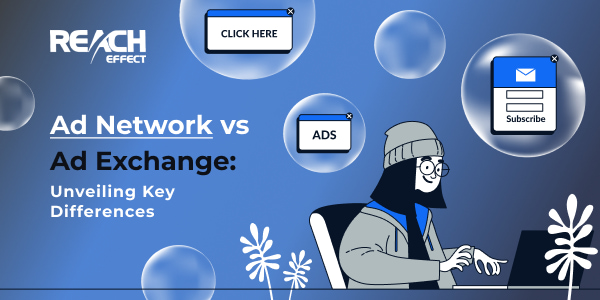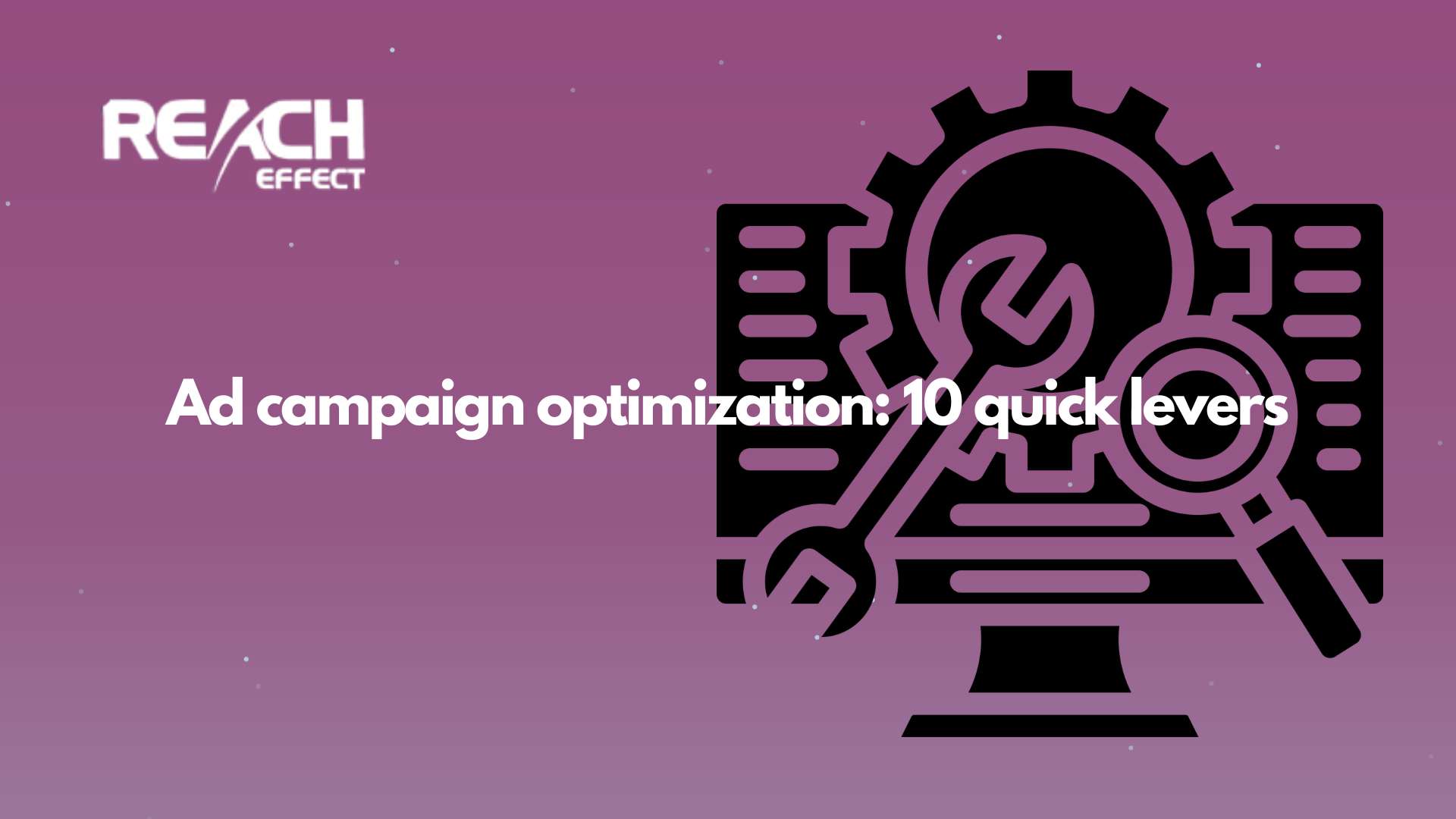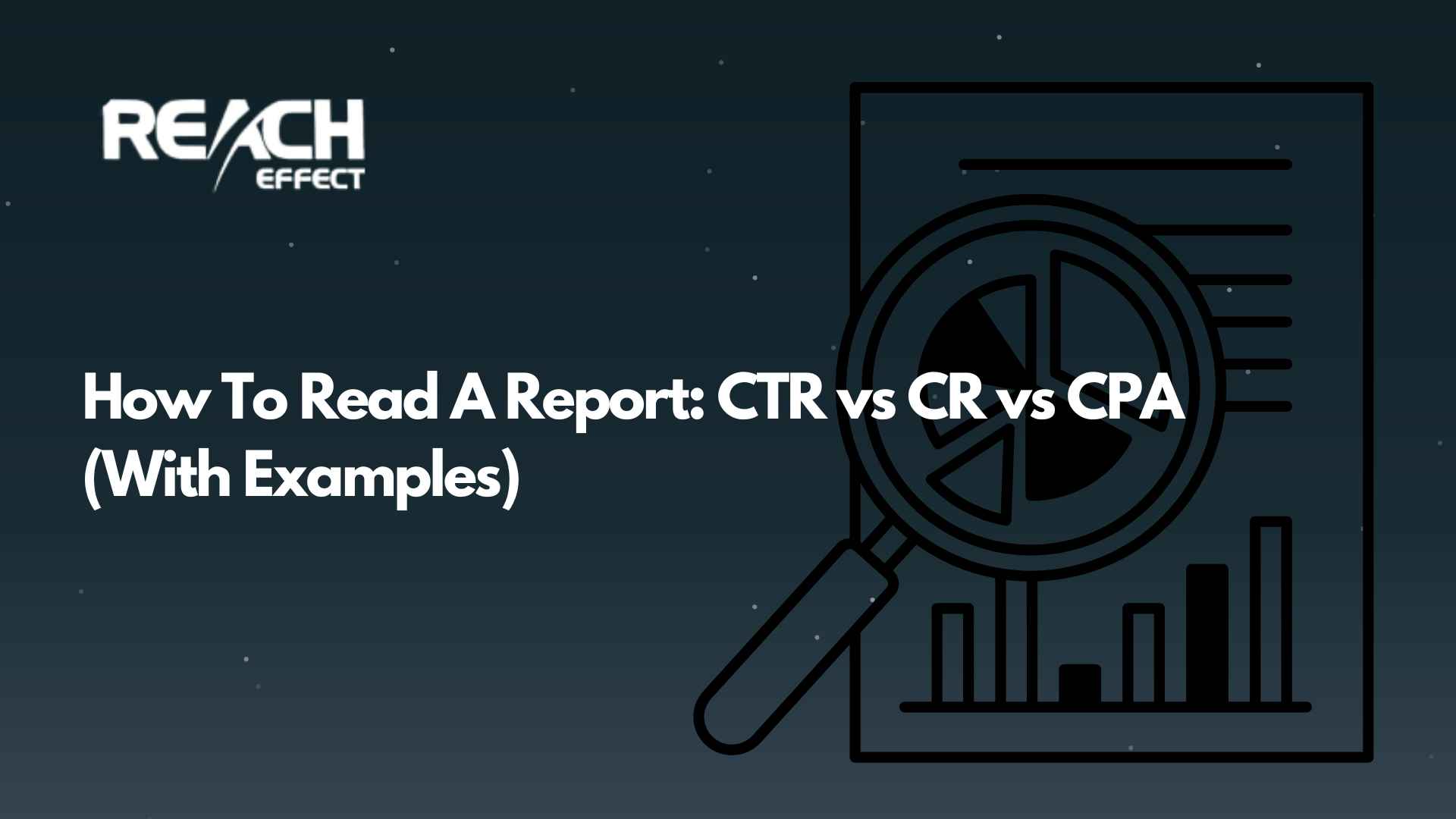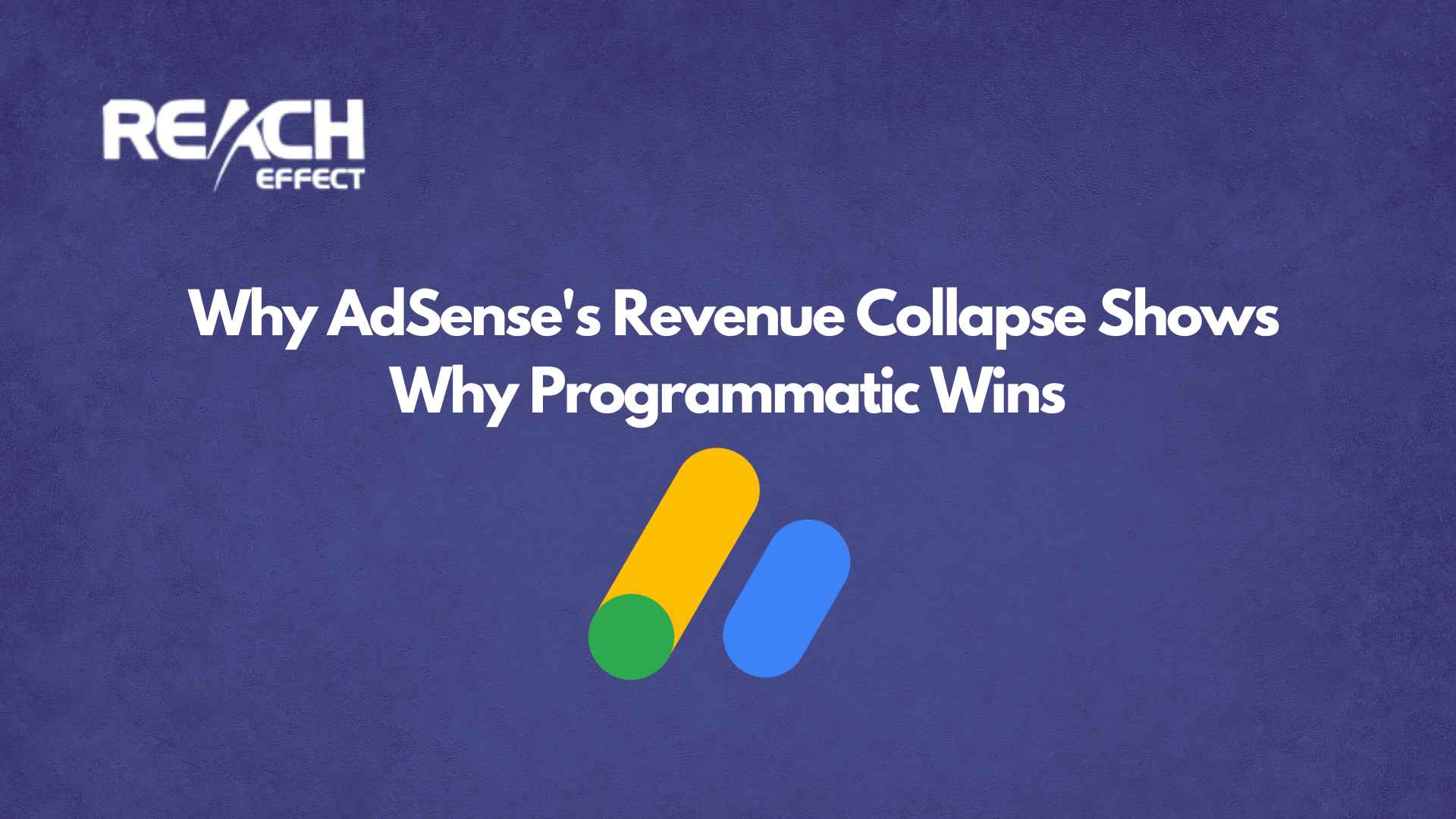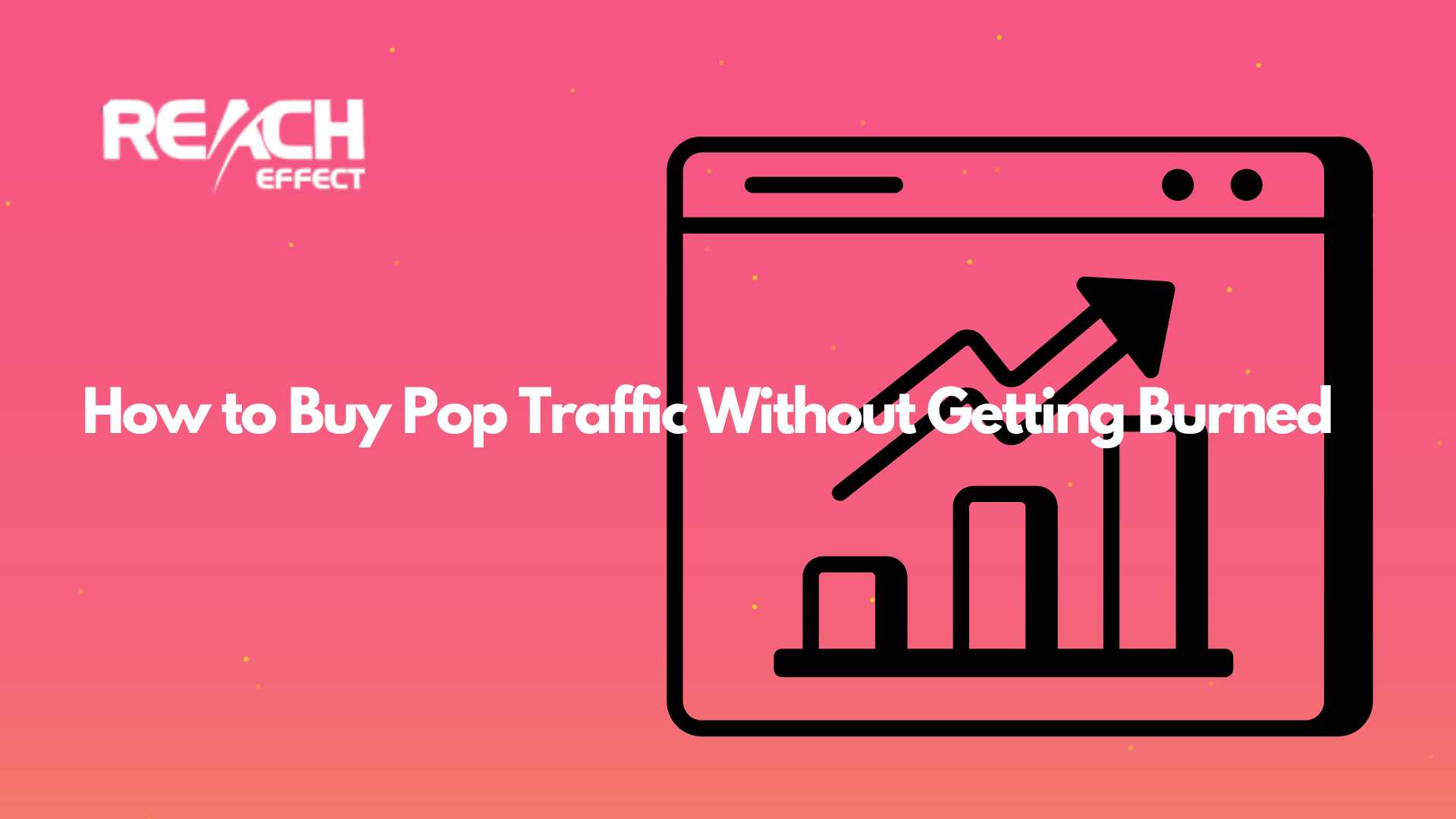In the expansive realm of online advertising, you’ve likely heard about two significant contenders: ad network vs ad exchange. But what exactly do they mean, and how do they differ? And what type is more suitable in your case? Within this article, we’ll delve into these distinctions. We will give you a precise grasp of these fundamental concepts and their significance in advertising. Additionally, you can explore the difference between ad networks vs ad exchange by yourself on the ReachEffect. It is your trustworthy guide to the digital world.
What is an Ad Network?
Now, let’s kick off with ad networks. Think of them as the bridges that link website owners and advertisers. Ad networks act as facilitators by supplying a diverse selection of ads for publishers to present on their websites. These ads come in a variety of formats, such as banners, videos, pop-ups, and more, providing an extensive array of choices.
What is an Ad Exchange?
An ad exchange operates much like a bustling online bazaar. Here, advertisements are swiftly auctioned in real time. Advertisers place bids on their preferred ad slots, while website owners retain the authority to select the ads they wish to showcase. This dynamic approach grants website owners more excellent command over their ad content.

Differences Between Ad Network and Ad Exchange
The primary differences lie in control, advertisement variety, efficiency, and automation. Ad networks offer limited control over the specific ads shown on your website, while ad exchanges provide more say in selecting which ads to display.
Also, ad networks typically offer a broader range of ad types and advertisers, catering to those seeking diversity. In contrast, ad exchanges concentrate bidding in real time for ad space, potentially leading to higher rates.
Ad exchanges heavily rely on automated technology for ad placement, ensuring efficiency. In contrast, ad networks involve more hands-on ad selection and management. These distinctions impact how publishers manage and monetize their ad inventory.
Conclusion
In online advertising, there is an existing difference between ad networks and ad exchanges. Anyway, both of these types have their unique roles and benefits. If you’re looking for a convenient and hands-off approach with various ad types, an ad network might be the right choice. On the other hand, if you want more control and potentially higher revenue, an ad exchange could be the way to go.
Whichever path you choose, ReachEffect is here to assist you. Our platform can help you make the most of your online traffic and ad revenue, so you don’t have to choose between ad network vs ad exchange on your own. Get started today and unlock the potential of your website’s traffic!

